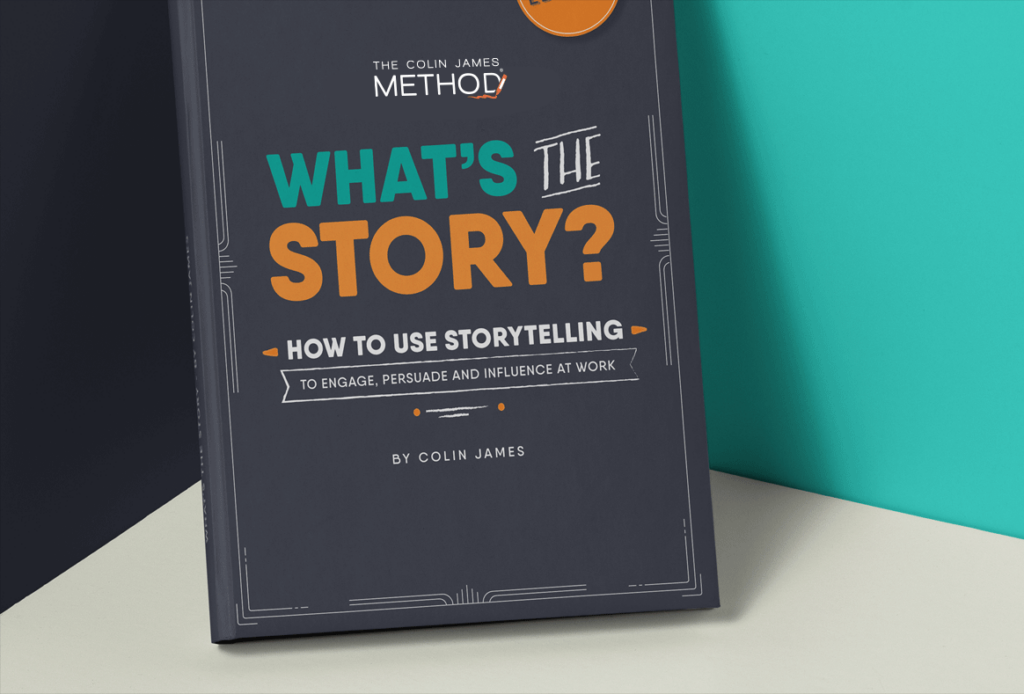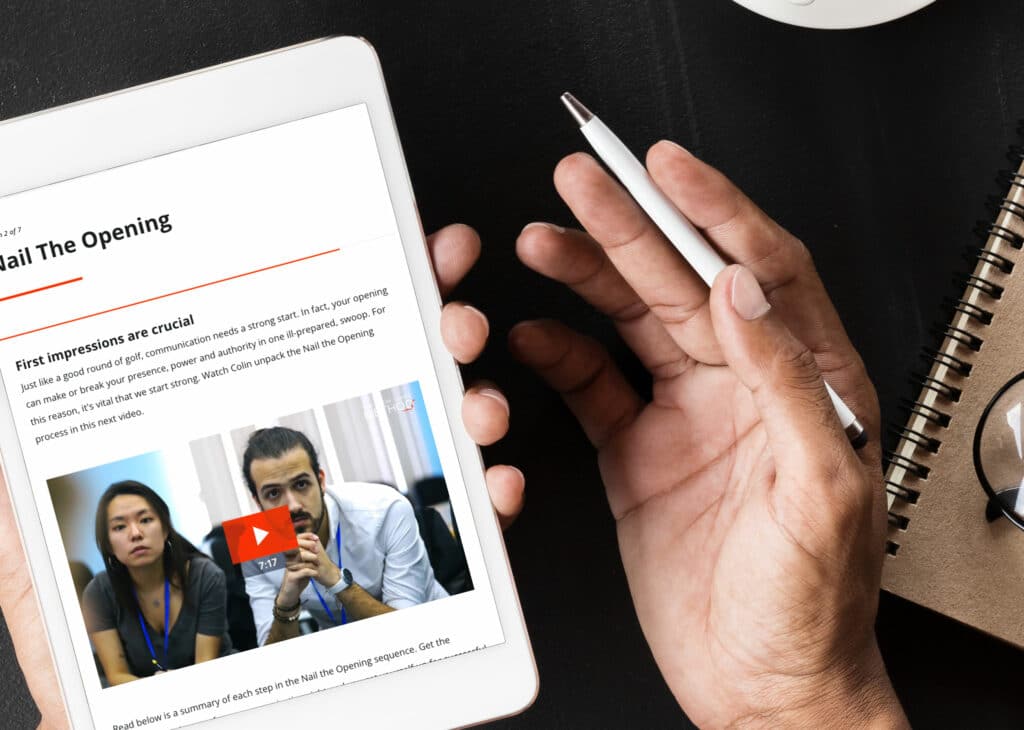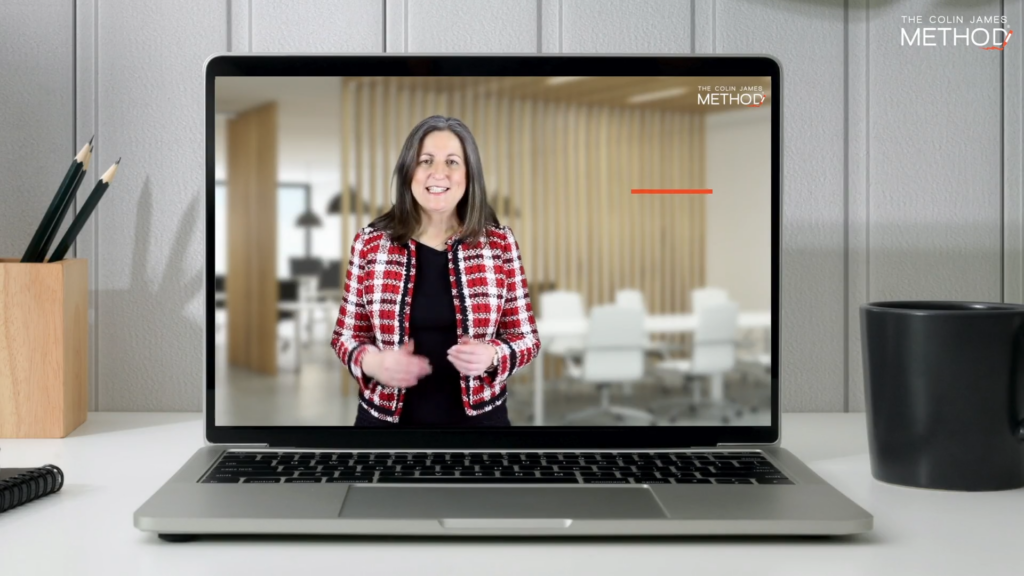As the workforce becomes more competitive, it can be more and more challenging to influence up and across your organisation. Professionals who are polished communicators, with strong human skills, are the ones that turn heads and progress fast.
Everyone wants to know how to be a more influential professional and a better leader. So, what can you do to elevate your leadership capability and go further in your career?
The answer lies in building your ‘personal brand’.
What is my personal brand?
Your personal brand begins with your presence. It’s how you present yourself to the world around you. How you hold yourself. How you interact with others. It’s the reflection of you on the inside, on the outside.
After all, that’s what corporate branding is about: presentation. A business that wants to present a youthful, playful image to the world, to influence and sell to young and playful people, will have a brand that reflects those qualities. Such an organisation would develop a colour palette, language and imagery to support this; like Hello Kitty, for example.
By contrast, a business that wants to present an adventurous, masculine image to the world might end up with a brand like Red Bull.
So the question you need to ask yourself is: how do I want to present myself?
But defining your personal brand is only the beginning. The hard part is execution.
Living your personal brand
Verbal communication is only one part of the story.
People can spot a fake from a distance. Call it a “BS detector” or a good judge of character, the bottom line is that unless your body language, tone of voice, behaviour and aesthetic all align with your words, you’re not going to be successful with personal branding.
Herb Kelleher, CEO of Southwest Airlines, was someone who had real “executive presence”. He had a strong personal brand that had, at its foundation, a commitment to put people first. And he lived this value day in, day out.
People called him the “master of presence”. Why? Because he had the ability to make everyone feel special, like they were his number 1 priority. At a really basic level, he remembered people’s names. But over and above that was his willingness to be completely present with the people around him.
Now consider Russell Brand. Whatever your thoughts on his politics, he is a man who exudes presence. My colleague Erica saw him on stage at the Sydney Opera House. She said:
“His eloquence is astounding. His vocal delivery is a mix of rap, syncopation, Shakespearian soliloquies and crisp storytelling. … He knows he is a clown and a contradiction. He owns the stage, owns the room and owns the full attention of everyone present.”
Russell Brand has presence. It’s not just his slightly gothic style, his rhythmic “spoken word” almost poetic style of speech, or his bold borderline-manic physicality. It’s the combination of all of these subtle communication and branding elements that make him someone that gets attention.
How better communication skills lead to career-building personal branding
Well-developed communication skills can help you to build your personal brand and, in turn, your career.
Building your presence doesn’t just open doors for jobs and promotions, it also holds merit within your team. In other words, it allows you to have more influence and hold sway over outcomes.
As you drive your objectives and need others to prioritise your requests, it’s those that build a respected personal brand comprised of the following that will win the day:
- Advanced communication capability
- Completely attentive presence
- Confident, self-aware body language
- Authentic, aligned “look”
Quick tips for better personal branding
If you want to hold people’s attention, consider applying the following tips to take your communication and influence to a higher level.
1. Give people your full attention
It sounds simple but it rarely happens, particularly in today’s non-stop digital and mobile workplace. Stop, pause, notice your audience. Let them know that you’re listening.
2. Remember names
This is easier said than done, but there are a number of techniques for improving memory retention. Try repeating the name 3 times in your head. You could also try rhyming or alliterating the person’s name with something about them; like, “friendly Fiona” or “technical Tim”.
3. Respond with “yes, and…”
All too often, people respond to a situation, proposal or question with “yes, but…” followed by a negative statement or conclusion. Try reframing your responses by using “yes, and…” followed by a positive statement that makes your point.
4. Smile
Smiling elevates your mood (even when it’s forced) and makes others perceive you as likeable, competent and courteous, which can be extremely powerful during negotiations and team meetings.
5. Dress to impress
I used to know a father and son team that ran a creative consultancy. The father was famous for his colourful bow ties, while the son was known for wearing unusual shirts. People didn’t necessarily like their style but they all agreed that the pair were very creative, which is of course exactly what they wanted them to think! Paying attention to what you wear and how it contributes to your personal brand is an important part of the process.
So there you have it. Now, you should understand not only the importance of your personal brand to your career, but also how elevating your communication skills to a higher level can help you to have more presence and therefore more impact. To go even further and become a master of influence, join our Mastering Communication training program.

The Colin James Method® Facilitators train corporate executives to improve their professional communication skills with a proven methodology. Our highly trained Facilitators and Coaches are recognised for their experience in their fields and have worked with many individuals and organisations around the world to master the art of communication.










